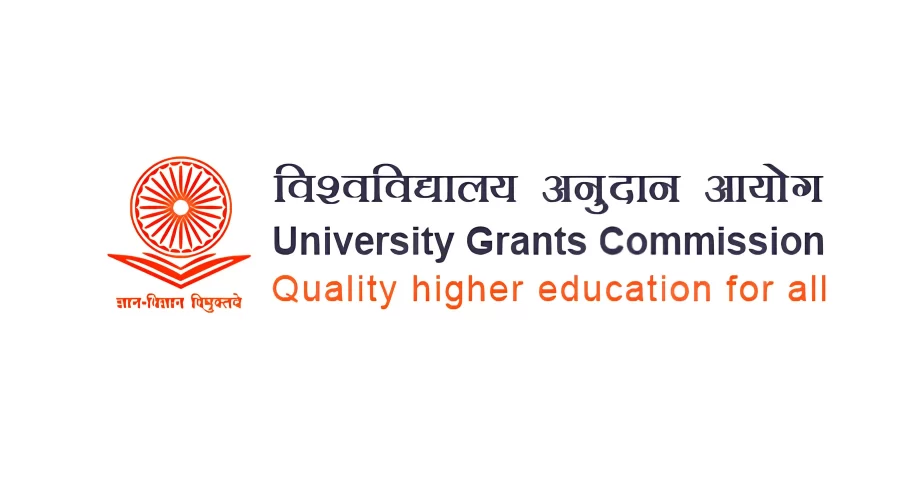The University Grants Commission (UGC) has recently announced the Life Skills 2.0 (Jeevan Kaushal) curriculum and guidelines for undergraduate students. This curriculum, designed in line with the National Education Policy (NEP) 2020, is a significant step towards equipping students with crucial life skills. By engaging with this curriculum, students can unlock their potential and develop into socially responsible citizens.
The programme aims to prepare the students with both personal and professional skills in the areas of understanding the self and others, interpersonal skills, high-performance teams, leadership potential, communication and presentation skills, techniques of problem-solving, decision-making, fostering creativity, innovation for personal and professional excellence, stress management, time management and conflict management, and the inculcation of human values at the undergraduate level.
According to the official curriculum, as per its quality mandate, the UGC needs to take the initiative to provide life skills (including soft skills) to students enrolled in Higher Education Institutions (HEIs) at the undergraduate level. Life skills, although less tangible traits, play an essential role in increasing the students’ employability and self-esteem.
The Life Skills curriculum, designed by UGC in 2019, therefore, is the means to empower young minds in demanding situations in personal, professional, and social life. Adopting life skills is the key to excellence. UGC has introduced new modules such as Digital Literacy and Social Media, Digital Ethics and Cyber Security, Verbal and Non-verbal Communication, Cognitive and Non-cognitive Skills, Managing Personal Finance, and Constitutional Values, Justice, and Human Rights to enhance this curriculum further.
The new Life Skills 2.0 Curriculum, recognizing the unique contexts of different Higher Education Institutions (HEIs), is designed to be adaptable. It outlines the objectives, learning outcomes, and activities for each course in a learner-centric manner. The practical approach of the curriculum includes methods like role-playing, audio-video creation, individual and group activities, case studies, demonstrations, observations, and e-learning links.
The following objectives served as guidelines for the development of this course. Students should clearly understand what good communication skills are and what they can do to improve their abilities.
- Identify common communication problems that may be holding learners back.
- Identify what their nonverbal messages are communicating to others.
- Understand the role of communication in the teaching-learning process.
- Learning to communicate through the digital media.
- Understand the importance of empathetic listening.
- Explore communication beyond language.
